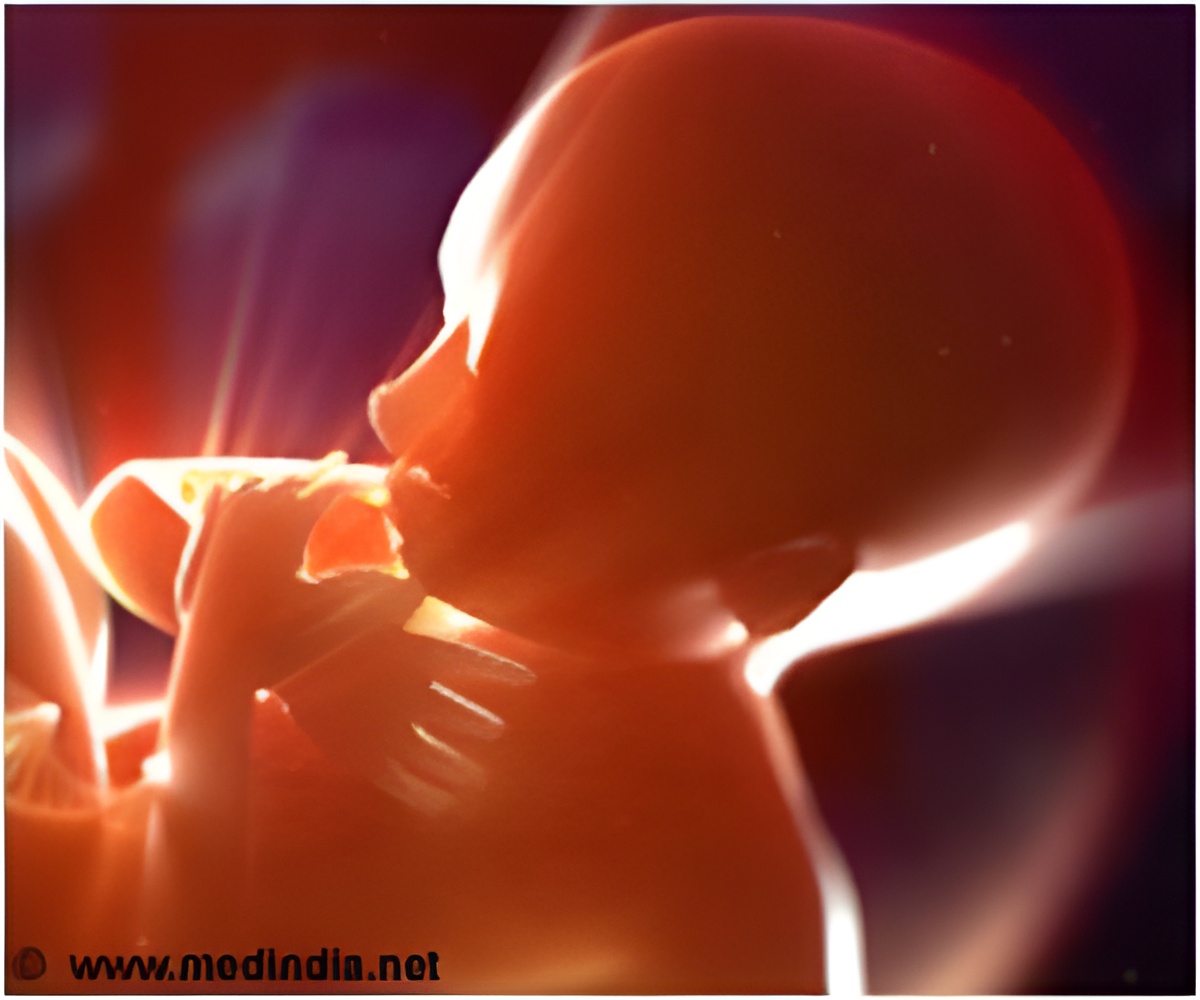Premature birth and complication during birth can lead to long-term mental health problems found a new study.

‘Around one in 10 people are born prematurely, However in 15-20 per cent of babies born before, bleeding happens in the first week of life in ventricles, If bleeding is significant, it can cause long-term problems.’





The study, which is a collaboration between researchers from King’s, Imperial College London and the Icahn School of Medicine at Mount Sinai in New York, also shows that most people born prematurely have completely normal dopamine levels.Mental health problems often arise from a complex mix of genetic factors which make people more vulnerable, and negative or stressful life-experiences. Difficulties at birth can be among the most dangerous and dramatic of those life experiences.
Around one in 10 people are born prematurely and most experience no major complications around the time of birth. However in 15-20 per cent of babies born before 32 weeks of pregnancy, bleeding happens in the first week of life in fluid-filled spaces called ventricles, which are contained in the brain. If bleeding is significant, it can cause long-term problems.
The biological link between birth complications and greater risk of mental health issues is unclear, but one theory is that the stress of a complicated birth could lead to increased levels of dopamine, which is also increased in people with schizophrenia.
The researchers used a combination of positron emission tomography (PET) scans and magnetic resonance imaging (MRI) scans of the brain with a range of psychological tests in order to identify the precise changes to chemistry and structure of the brain following early brain damage.
Advertisement
Dr Sean Froudist-Walsh, the study’s first author, who carried out the study at King’s College London, said: "People have hypothesised for over 100 years that certain mental illnesses could be related to problems in early brain development. Studies using animal models have shown us how early brain damage and mental illness could be linked, but these theories had not been tested in experiments with humans".
Advertisement
Dr Chiara Nosarti, the study’s joint senior author from King’s College London, said ’The discovery of a potential mechanism linking early life risk factors to adult mental illness could one day lead to more targeted and effective treatments of psychiatric problems in people who experienced complications at birth.’
Professor Oliver Howes, the study’s other joint senior author, also from King’s, said: ’These findings could help develop approaches to prevent the development of problems in people who were born early.’
Source-Eurekalert








